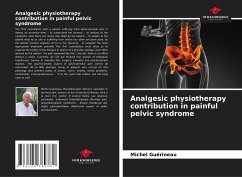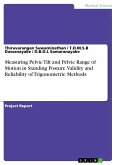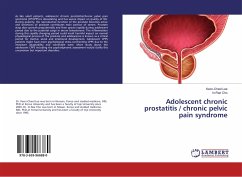The first consultation with a patient suffering from pelvic-perineal pain is always an essential time: - to understand the disease, - to analyze all the symptoms (and there are many) described by the patient, - to explain to the patient what he or she is suffering from (which has often not been done, as the patient remains unaware of his or her disease), - to establish the most appropriate treatment possible This first consultation must allow us to organize the history of the disease in search of a possible etiology, most often ignored by the patient; "my pain appeared like this", and yet, there is no effect without a cause. Currently, we can put forward four groups of etiological hypotheses: trauma in everyday life, surgery, sexuality and psychosomatic aspects. The psychosomatic aspect of pelvic-perineal pain cannot be overlooked. 80 to 90% (perhaps more) of patients who consult for this pathology also present states of stress, worry, anxiety, family problems, sentimental, socio-professional.... "It is the spirit that suffers and the body says its pain.
Bitte wählen Sie Ihr Anliegen aus.
Rechnungen
Retourenschein anfordern
Bestellstatus
Storno








